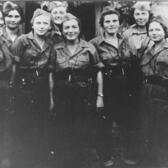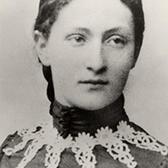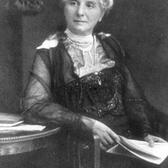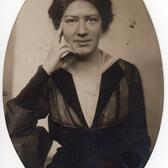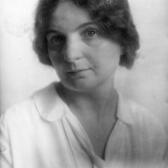Harriet Freidenreich
Harriet Freidenreich is professor emerita of history at Temple University in Philadelphia, where she taught a wide range of courses in Jewish history, European women’s history and gender history. Her publications include The Jews of Yugoslavia and Jewish Politics in Vienna. Her most recent book is Female, Jewish and Educated: The Lives of Central European University Women. She is a member of the editorial board of Jewish Women: A Comprehensive Historical Encyclopedia.

